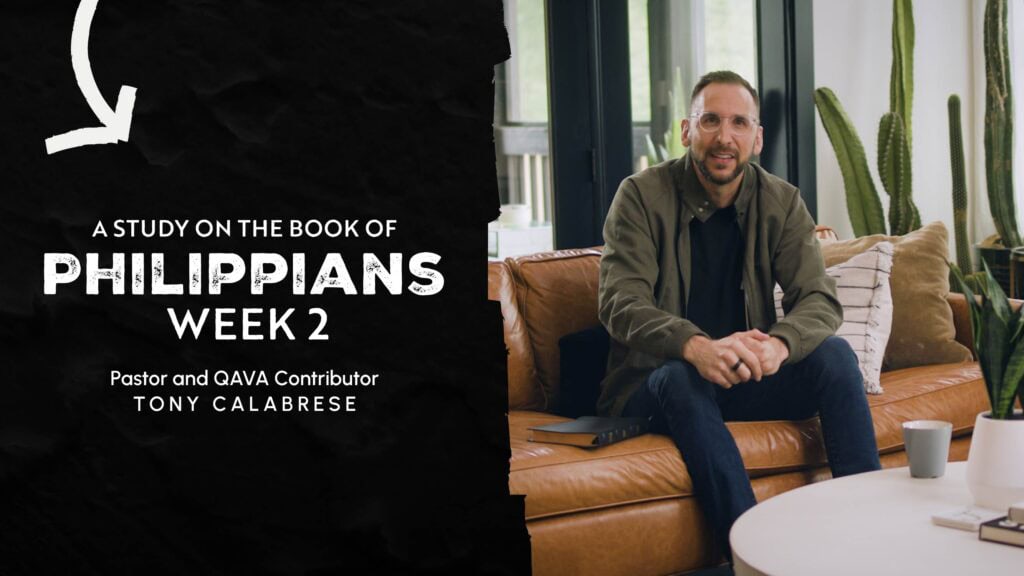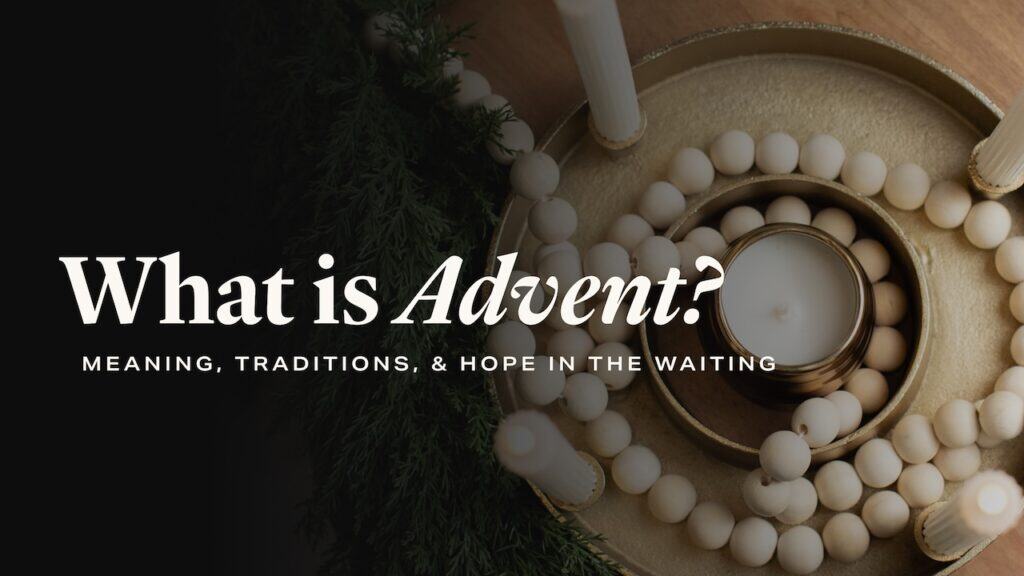When facing new beginnings, uncertainty often follows. How will you handle the change? Are you making the right decision? Maybe you have no say in the matter. Either way, every beginning launches us into what’s next with the hopeful expectation that what has started will have longevity.
My life has been a series of stops and starts, beginnings and endings. From planting new churches and ministries to moving to new cities and having our kids start at new schools, I’ve learned that beginnings matter—a lot.
This was certainly true for the apostle Paul, the key figure in establishing the church at Philippi.
The Beginning of the Church at Philippi
The Philippian church had its beginning in Acts 16 during Paul’s second missionary journey. While in the region of Galatia, Paul received a vision in which a man from Macedonia pleaded, “Come over to Macedonia and help us” (Acts 16:9). This prompted Paul to travel to Philippi and begin preaching the gospel there.
Among the first converts were Lydia, a businesswoman who sold and traded rare purple cloth, and a Roman jailer, who, along with his household, became a foundational part of the church.
Ten years later, Paul found himself in prison. One of the Philippian church’s leaders, Epaphroditus, traveled to provide care and support and to seek an update on Paul’s condition. In response, Paul sent Epaphroditus back with a letter—what we now know as the book of Philippians.
Right after greeting them with “grace and peace to you”, Paul’s first words in his letter are:
“I thank my God in all my remembrance of you, always in every prayer of mine for you all, making my prayer with joy.” (Philippians 1:3-4)
Paul’s Perspective in Prison
Pause for a moment—what is Paul doing in prison? He’s not dwelling on himself or his suffering. Instead, he is thinking about this church he loves so deeply and the radical nature of its beginning.
If I were in jail writing a letter to fellow believers, my first words probably wouldn’t be “I thank God.” More likely, they would be, “Help! Pray for me! Get me out of here!” But Paul’s first words are filled with gratitude: “As I sit here, I can’t stop thinking and praying for you.”
Unlike some of his other letters, Paul didn’t write Philippians in response to a crisis (as he did with Colossians). Instead, he wrote to express his appreciation and deep affection for the Philippian believers.In the original Greek, verse 4 is hyper-stylized—it practically jumps off the page. Paul emphasizes, “In all my prayers for you, I always pray with joy.” But how could Paul be joyful in a Roman prison?
His answer comes in the next verse:
“Because of your partnership in the gospel from the first day until now.” (Philippians 1:5)
Paul’s joy was rooted in God’s faithfulness. He remembered the day the Philippian church began—with Lydia, the slave girl, and the Roman jailer. This unlikely trio—a wealthy businesswoman, a poor enslaved girl, and a blue-collar ex-soldier—became the foundation of the Philippian church. The gospel had united them, and Paul’s joy was found in witnessing how God had been at work from the very beginning.
The Promise of Completion
Paul continues:
“Being confident of this, that He who began a good work in you will carry it on to completion until the day of Christ Jesus.” (Philippians 1:6)
Three words stand out in this verse: began, good, and completion.
- “Began” echoes back to Genesis, where God started His work of creation.
- “Good” reminds us that seven times in Genesis 1, God declared His handiwork good.
- “Completion” brings to mind Genesis 2:1: “Thus the heavens and the earth were completed in all their vast array.”
The phrase “will bring it to completion” comes from the Greek word epiteleo, meaning God is actively and forcefully moving His plans forward until they are finished.
New Beginnings and God’s Faithfulness
Sometimes, new beginnings come from painful endings. Losing a loved one, facing a divorce, or experiencing deep disappointment can leave us questioning how to move forward.
But here’s the truth:
- God has not lost interest in your life.
- He has not lost control.
- He has not folded His arms or looked the other way.
Instead, He is continually working, putting the finishing touches on the masterpiece He began in you.
If we want to live with joy as citizens of heaven on earth, we must anchor ourselves in this reality:
God started a good work in you, and it’s not over yet.
In fact, the best is yet to come. Because with Jesus, the best is always yet to come.
Paul believed this. He knew that Jesus has the final word—not failure, not shame, not pain, not heartbreak, not dead ends.
Death does not have the final word.
All of these things are real, but the greater reality is that God is watching over His Word to fulfill it.
This isn’t blind optimism or wishful thinking. It’s the power of an empty tomb.
As British theologian Lesslie Newbigin once said:
“I am neither an optimist nor a pessimist. Jesus Christ is risen from the dead.”
Reflection & Application Questions
- When have you seen God begin something good in your life? Reflect on a time when you saw Him at work in a new season.
- How does the promise that God will bring His work to completion encourage you in times of uncertainty?
- What is one step of faith you can take this week to trust God with your current season?
To dive deeper into the themes in Philippians, check out our 12-episode series called The Book of Philippians with Pastor Tony Calabrese—only on the QAVA app. Get started for free here.









